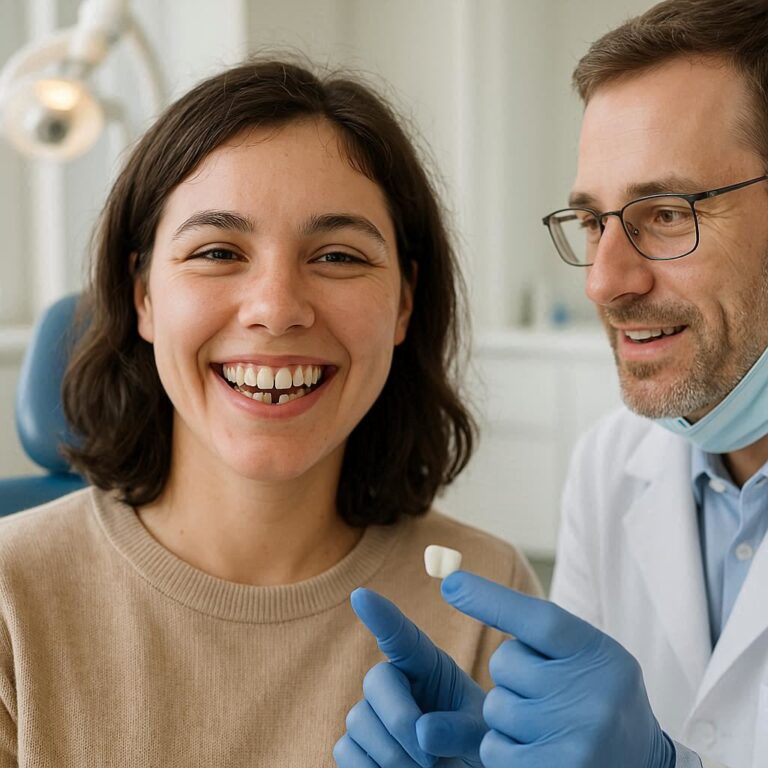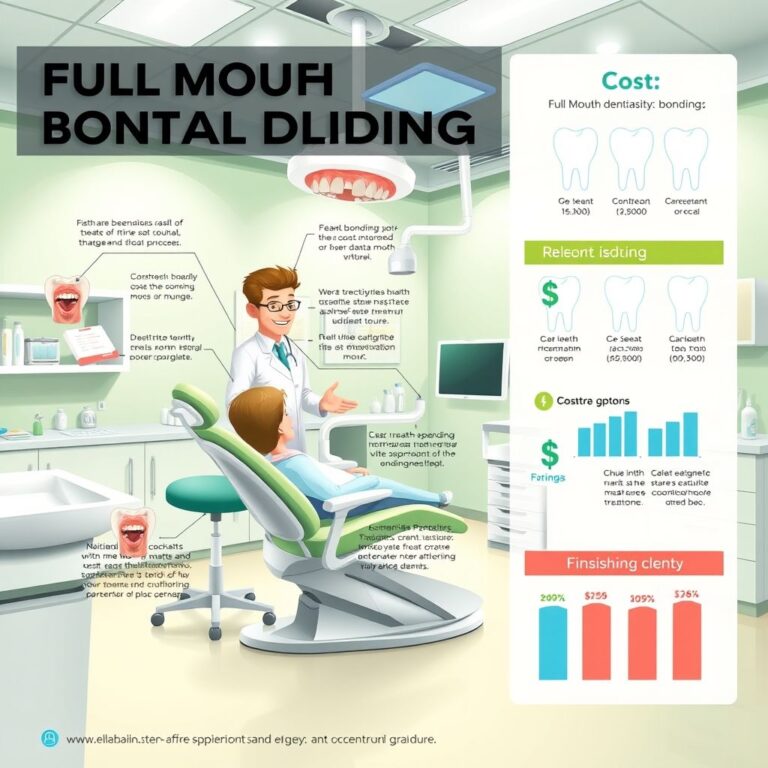The Ultimate Guide to Composite Bonding Cost in Bupa
Composite bonding, also known as dental bonding, has become a popular cosmetic dentistry procedure due to its effectiveness and relatively low cost compared to other treatments. If you are considering composite bonding in Coventry, particularly with Bupa, understanding the cost and what influences it is crucial. This comprehensive guide aims to provide detailed insights into the factors affecting the cost, the benefits of choosing Bupa, and what to expect from the procedure.

What is Composite Bonding?
Composite bonding involves applying a tooth-colored resin material to the teeth to improve their appearance. This procedure can address a variety of dental issues such as chipped, discolored, or misshapen teeth. The resin is bonded to the tooth using a special light, which helps it harden and adhere to the tooth surface.
Why Choose Composite Bonding?
Composite bonding is favored for its versatility, quick results, and affordability. Unlike veneers or crowns, which require multiple visits and are more invasive, composite bonding can usually be completed in one visit. It is also a less expensive option compared to other cosmetic dental treatments, making it accessible for many people.
The Role of Bupa in Composite Bonding
Bupa is one of the leading healthcare providers in the UK, offering comprehensive dental care services. Choosing Bupa for your composite bonding treatment comes with several benefits:
- Reputation and Trust: Bupa is known for its high standards of care and professionalism.
- Wide Network of Clinics: Bupa has numerous dental clinics across the UK, including Coventry, making it convenient for patients.
- Insurance Coverage: Bupa provides various dental insurance plans that can help cover the cost of composite bonding.
- Experienced Dentists: Bupa employs highly trained and experienced dentists who are skilled in performing composite bonding procedures.
Factors Affecting the Cost of Composite Bonding
The cost of composite bonding can vary based on several factors. Understanding these factors can help you better anticipate the overall expense and plan accordingly.
1. Number of Teeth Treated
The more teeth you need to have treated, the higher the cost. Single-tooth treatments will be less expensive than treating multiple teeth.
2. Complexity of the Procedure
If the procedure is straightforward, such as filling a small chip, the cost will be lower. However, more complex issues, like reshaping a tooth or fixing extensive damage, can increase the cost.
3. Dentist’s Experience and Expertise
Highly experienced and reputable dentists may charge more for their services. However, their expertise can also ensure better results and reduce the risk of complications.
4. Location of the Clinic
The cost of dental services can vary depending on the location. Clinics in major cities or affluent areas may charge more compared to those in smaller towns.
5. Bupa Dental Insurance Plan
Having a Bupa dental insurance plan can significantly reduce the out-of-pocket cost for composite bonding. Different plans offer varying levels of coverage, so it’s important to check what is included in your specific plan.
Average Cost of Composite Bonding with Bupa in Coventry
On average, the cost of composite bonding in Coventry with Bupa can range from £100 to £400 per tooth. This estimate can vary based on the factors mentioned above. For a more accurate quote, it is advisable to consult directly with a Bupa dental clinic in Coventry.
Detailed Breakdown of Composite Bonding Costs
Here is a more detailed breakdown of what you can expect to pay for different components of the composite bonding procedure:
| Component | Estimated Cost (GBP) |
|---|---|
| Initial Consultation | 50 – 100 |
| Single Tooth Bonding | 100 – 400 |
| Multiple Teeth (per tooth) | 80 – 350 |
| Complex Bonding Procedures | 200 – 500 |
| Follow-up Visits | 50 – 100 |
The Composite Bonding Procedure
Understanding the composite bonding procedure can help alleviate any anxiety you may have and prepare you for what to expect.
1. Initial Consultation
Your dentist will start with an initial consultation to assess your dental needs and determine if composite bonding is the right solution for you. This may include X-rays and a thorough examination of your teeth.
2. Tooth Preparation
The tooth surface will be roughened slightly, and a conditioning liquid will be applied to help the bonding material adhere to the tooth.
3. Application of Resin
The tooth-colored resin is applied and molded to the desired shape. Your dentist will carefully sculpt the resin to match the natural contours of your teeth.
4. Curing the Bond
A special light is used to harden the resin, a process known as curing. This typically takes a few seconds per tooth.
5. Final Adjustments
Once the resin is hardened, your dentist will make any necessary final adjustments, such as polishing the tooth to match the sheen of the rest of your teeth.
Benefits of Composite Bonding
Composite bonding offers several benefits that make it a popular choice among patients seeking cosmetic dental improvements.
- Quick Results: The procedure can usually be completed in a single visit.
- Minimally Invasive: Little to no tooth enamel needs to be removed.
- Affordable: It is less expensive compared to veneers or crowns.
- Natural Appearance: The resin can be matched to the color of your natural teeth.
- Versatility: Can address various dental issues like chips, gaps, and discoloration.
Potential Drawbacks
While composite bonding has many advantages, it is also important to consider potential drawbacks.
- Durability: Composite bonding is not as durable as other restorative options like crowns or veneers and may need to be replaced more frequently.
- Staining: The resin material can stain over time, especially if you consume staining substances like coffee or tobacco.
- Limited Longevity: On average, composite bonding lasts between 5 to 10 years, after which it may need to be repaired or replaced.
Maintaining Your Composite Bonding
Proper care and maintenance can extend the lifespan of your composite bonding and keep your smile looking its best.
- Good Oral Hygiene: Brush and floss regularly to maintain your oral health.
- Avoid Staining Foods and Drinks: Limit your intake of coffee, tea, red wine, and tobacco.
- Regular Dental Check-ups: Visit your dentist regularly for check-ups and cleanings.
- Avoid Hard Foods: Be cautious with hard foods that can chip or damage the bonding material.
Conclusion
Composite bonding is an effective and affordable cosmetic dental procedure that can enhance your smile. By choosing Bupa in Coventry, you can benefit from high-quality care and potentially reduce your costs through insurance coverage. Understanding the factors that influence the cost and knowing what to expect from the procedure can help you make an informed decision.
FAQs
1. How long does composite bonding last? Composite bonding typically lasts between 5 to 10 years with proper care and maintenance.
2. Is composite bonding painful? The procedure is generally painless and does not require anesthesia unless extensive bonding is needed.
3. Can composite bonding be removed? Yes, composite bonding can be removed or replaced if necessary. Your dentist can safely remove the resin without damaging your natural tooth.
4. How do I care for my bonded teeth? Maintain good oral hygiene, avoid staining foods and drinks, and visit your dentist regularly for check-ups.
5. Is composite bonding suitable for everyone? Composite bonding is suitable for most people, but it is best to consult with your dentist to determine if it is the right option for your specific dental needs.
Additional Resources
For more information on composite bonding and other cosmetic dental procedures, you can visit the following resources:
This article has been carefully reviewed to ensure accuracy and comprehensiveness. If you have any further questions or need personalized advice, please consult with a Bupa dental clinic in Coventry.


